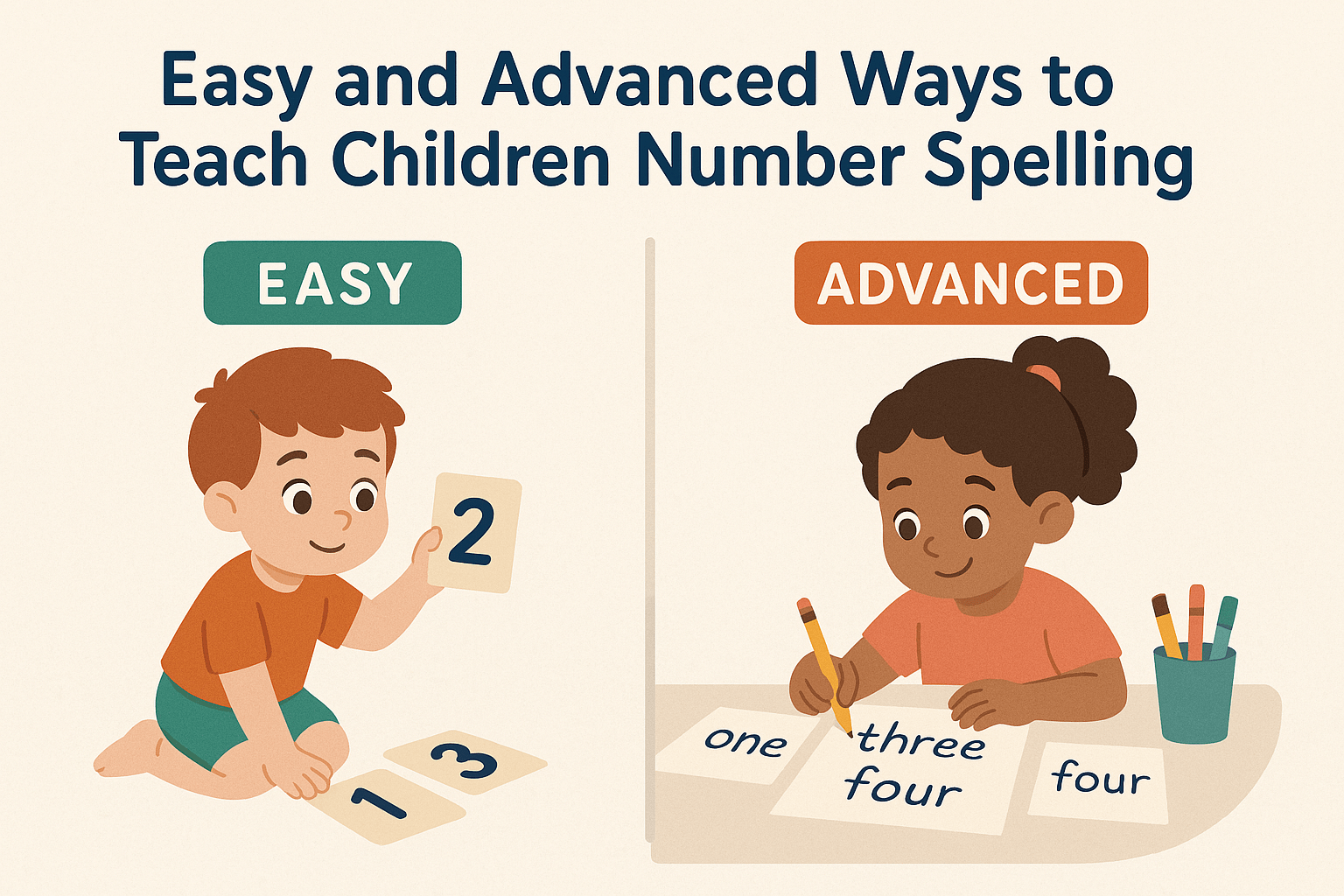Every December 31st, people around the world set New Year resolutions. These goals often include improving health, advancing careers, or building new habits. While they start with enthusiasm, many abandon their goals within a few months. This raises the question: is it possible to complete New Year goals?
The answer is yes. Achieving these goals is possible with the right strategies, mindset, and commitment. This blog explores why goals often fail and offers simple steps to help anyone achieve their resolutions.
Why People Set Goals
Understanding why people set goals helps to create better plans. Behavioral psychology explains the motivation behind resolutions and why they often fail.
1. Fresh Starts
A new year feels like a clean slate. This psychological boost motivates people to make changes.
2. The Dopamine Effect
Setting goals releases dopamine, a chemical that makes people feel good. Achieving small steps continues to release dopamine, encouraging further progress.
3. Common Reasons for Failure
Goals fail for several reasons:
- They are vague or unrealistic.
- They lack personal meaning.
- There is no clear plan or accountability.
Common Mistakes When Setting Goals
Many people make similar mistakes that prevent them from achieving their goals. Recognizing these pitfalls is the first step toward success.
1. Too Many Goals
Trying to do everything at once divides energy and focus. For example, trying to lose weight, save money, and learn a new skill all at once can feel overwhelming.
2. Vague Goals
Goals like “I want to be healthier” are unclear. Without specific steps, it’s hard to know where to start.
3. Procrastination
Waiting for the “perfect time” often leads to delays. Perfectionism can also cause people to give up after minor setbacks.
4. No Accountability
Without someone or something to track progress, it’s easy to lose focus. Sharing goals or using tools to monitor progress helps.
How to Achieve New Year Goals
With the right approach, anyone can achieve their New Year goals. Here are proven strategies to stay on track.
1. Use the SMART Method
SMART goals are:
- Specific: Clearly state what you want.
- Measurable: Track your progress.
- Achievable: Ensure the goal is realistic.
- Relevant: Align with personal values.
- Time-Bound: Set a deadline.
Example: Instead of saying, “I want to get fit,” say, “I will exercise for 30 minutes three times a week for three months.”
2. Break Goals into Small Steps
Big goals can feel overwhelming. Breaking them into smaller tasks makes them manageable. For instance, writing a book could start with a goal of writing 500 words daily.
3. Build Habits
Habits make achieving goals easier. According to James Clear’s Atomic Habits, habits have three parts:
- Cue: A trigger to start the habit.
- Routine: The action itself.
- Reward: A positive result to reinforce the habit.
For example, pair a new habit with an existing one. If you want to meditate, do it right after brushing your teeth.
4. Stay Accountable
Accountability keeps you focused. Share your goals with friends, join a community, or use apps to track your progress.
5. Visualize Success
Imagine achieving your goal. Visualization boosts motivation. Tools like vision boards can help.
6. Be Flexible
Life can be unpredictable. Adjust goals as needed to stay on track.
7. Celebrate Progress
Recognize small wins to maintain motivation. Celebrating milestones builds confidence.
8. Learn from Setbacks
Mistakes are opportunities to learn. Identify what went wrong and adjust your approach.
9. Start a Daily Blog
Starting a daily blog helps track progress and reflect on experiences. Writing daily builds discipline and creates a personal record of achievements and lessons
Real-Life Success Stories
1. Running a Marathon
Sarah, a teacher, wanted to run her first marathon. She:
- Signed up for a race (time-bound).
- Followed a training plan (manageable steps).
- Joined a running group (accountability).
She celebrated small milestones, like her first 5K, and achieved her goal.
2. Career Change
John, an accountant, aimed to become a data analyst. He:
- Enrolled in an online course (specific).
- Studied two hours daily (measurable).
- Networked with professionals for guidance (accountability).
He transitioned to a new career within six months.
Tools to Stay on Track
1. Apps
- Day Planner : Turns habit tracking into a game.
- Todoist: Organizes tasks and deadlines.
- Strides: Tracks progress.
2. Books
- Atomic Habits by James Clear
- The Power of Habit by Charles Duhigg
- Grit by Angela Duckworth
3. Communities
Join online or local groups with similar goals. Platforms like Meetup or Facebook Groups are great for finding support.
Mindset Matters
A positive mindset is key to achieving goals. Focus on progress, not perfection.
1. Practice Gratitude
Gratitude builds resilience and optimism. Reflect on daily successes, no matter how small.
2. Stay Resilient
Resilience helps overcome setbacks. Self-care, support from others, and keeping perspective are vital.
Why It’s Worth It
Achieving New Year goals takes effort, but the rewards are worth it. Personal growth, confidence, and a sense of accomplishment make the journey meaningful.
Final Thoughts
Completing New Year goals is possible for anyone. By setting clear goals, avoiding common mistakes, and staying committed, success is within reach. Embrace the process, celebrate progress, and make this year your best yet.









Leave a Reply